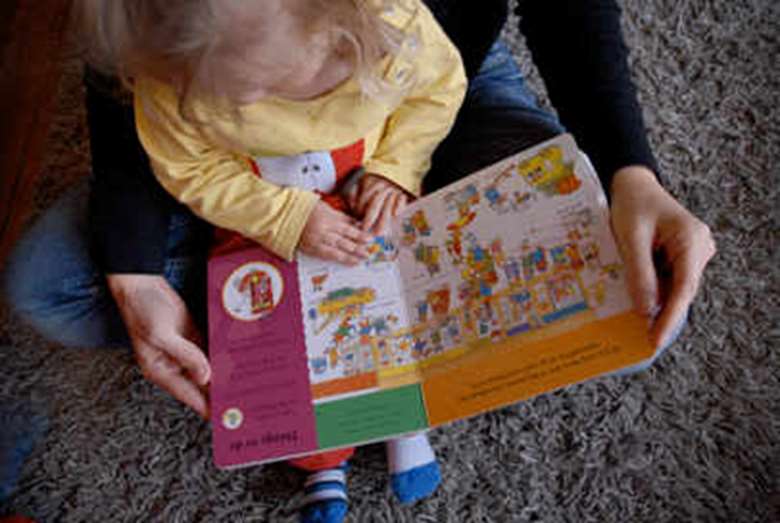Reading to pre-school children boosts their language skills
Thursday, January 10, 2019
Children who are read to regularly by their parents or carers are ahead in their language skills by eight months, suggests a new study.

Register now to continue reading
Thank you for visiting Nursery World and making use of our archive of more than 35,000 expert features, subject guides, case studies and policy updates. Why not register today and enjoy the following great benefits:
- Free access to 4 subscriber-only articles per month
- Unlimited access to news and opinion
- Email newsletter providing activity ideas, best practice and breaking news







